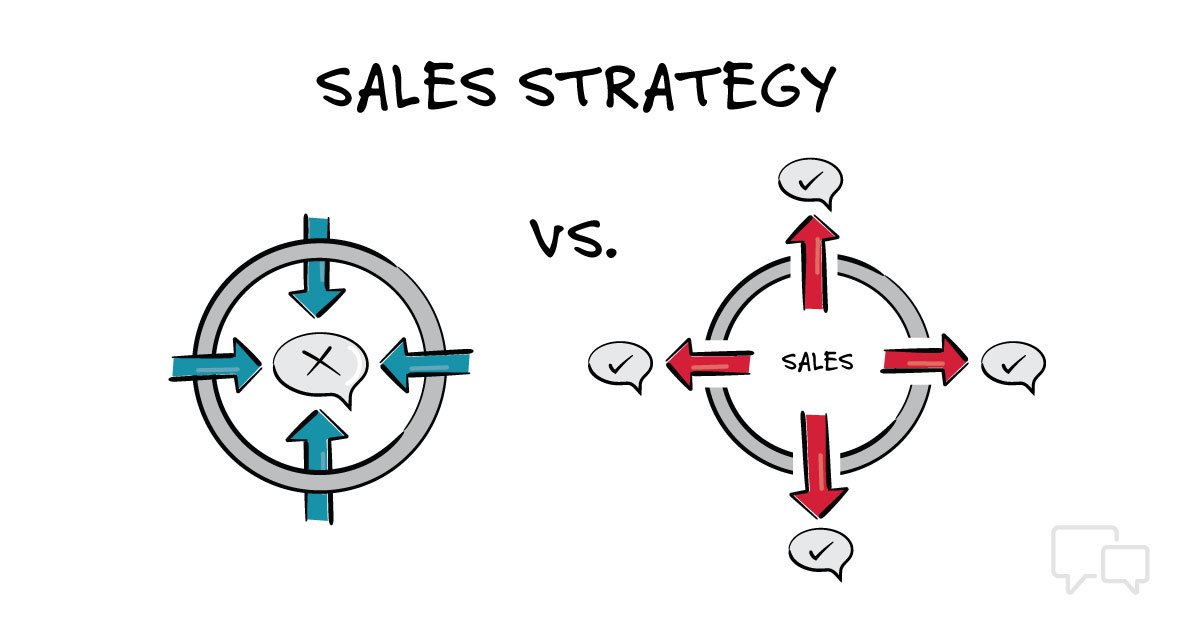The manufacturer’s task is not to produce a product and feel like God, but to sell this product. For this we produce it. There is nothing reprehensible in this.
The temptation of the soviet approach is very great, when manufacturers treat the distribution system as something that someone else should be doing. This is totally wrong. As soon as you outsource sales, consider that you have given away everything you have. If you are producing something, your job is to sell. It’s not very enjoyable, but customer interaction is the backbone.
The maximum that our producers have enough imagination for is to put a girl-merchandiser at the point of sale, who, like a worn-out record, repeats: “Hello, we have a wonderful action today. Try our sausage. ” The result is diametrically opposite to what was expected for both the retailer and the manufacturer. You, the owner of a manufacturing company, stand up yourself, introduce yourself and tell about your product, tell it delicious. Marketing should be done by the CEO and owner of the company, not the girl who wears coffee and makes business cards.
Sales management is based on the following cycle.
1. Definition of target client groups. The result should be about the same customer plate as I gave in the previous chapter. Only when you segment your customer do you understand what kind of product they need. The product should fit the client like a key to a lock.
2. Selection of sales channels and sales areas.
3. Building a multi-channel sales system. I draw your attention: multichannel! Selling something using one distribution channel is unrealistic today.
4. Organization of sales departments.
5. Management of sales departments.
6. Personal sales and management. Personal sales involve customization for a specific client, the formation of sales proposals addressed to him personally.
7. Relations with target client groups.
8. Adjustment of the sales system.All this is the work of the CEO and the owner of the company. The owner of the company is the only seller of his goods. All other employees are support. The owner of the manufacturing company must personally attend all negotiations. Perhaps someone does not know how to competently negotiate. In this case, you should enable your negotiators to communicate and constantly keep your finger on the pulse. Only the owners of large companies with trillions of turnover can afford not to travel to negotiations. The owner of “Coca-Cola” can afford not to travel to negotiations. A small manufacturer cannot afford this.
Many argue, “I hired a good sales / commercial manager, lured him out of there, and pay him his salary.” It is not you who pay the salary, the client pays it, and in this case you are just a fool who hired another fool of the same kind to fulfill your clumsy goals.
I will briefly go over the links of the above chain.
